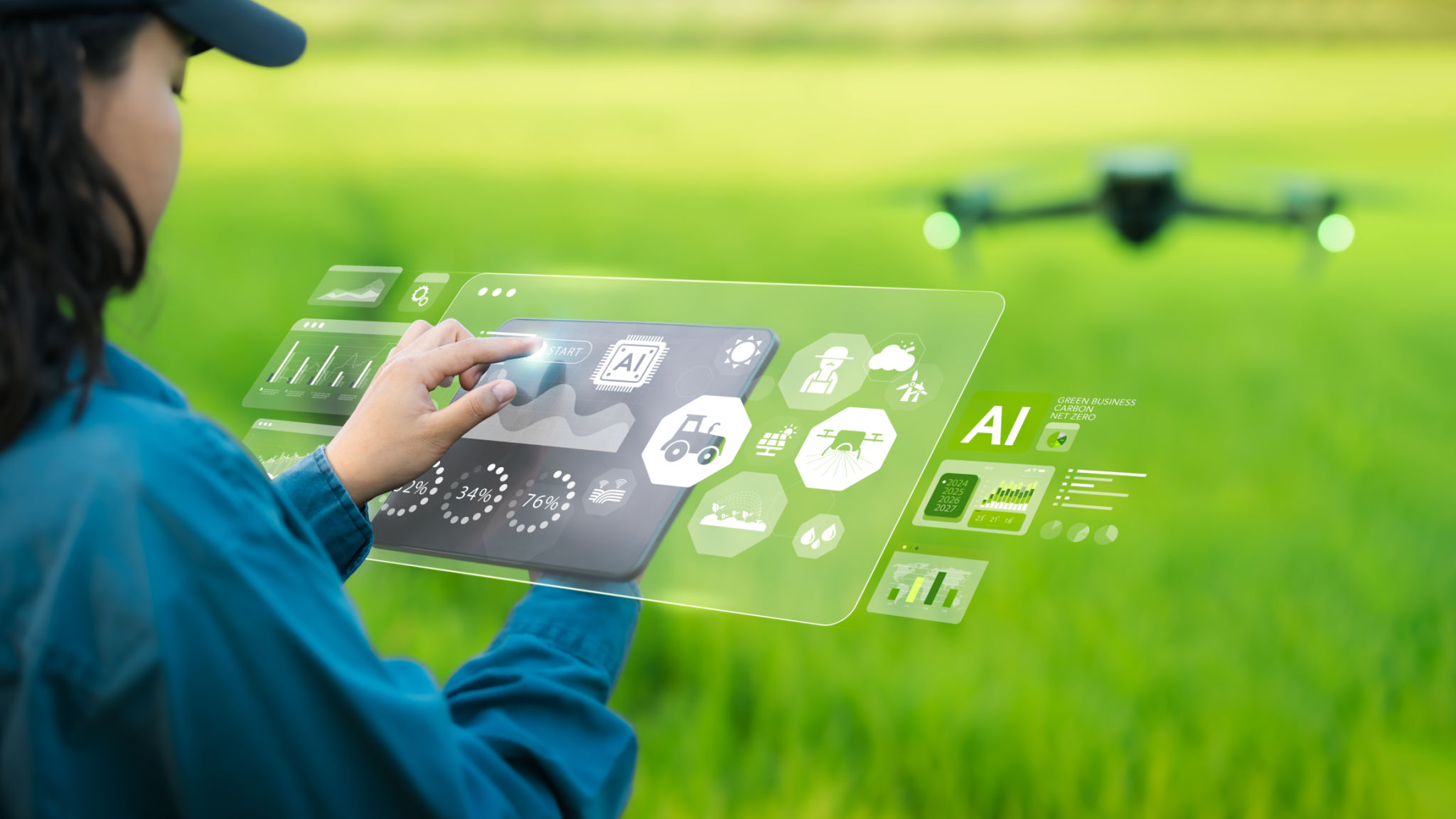Top 5 Myths About Sustainable Agriculture Debunked
Understanding Sustainable Agriculture
Sustainable agriculture is a vital component of the global effort to create food systems that are environmentally friendly, economically viable, and socially responsible. However, despite its importance, there are numerous myths surrounding sustainable agriculture that can lead to misunderstanding and misinformation. This post aims to debunk some of the most common myths.

Myth 1: Sustainable Agriculture Is Not Productive Enough
One of the most pervasive myths is that sustainable agriculture cannot produce enough food to meet global demand. Critics argue that traditional methods are more productive, but this is a misconception. Sustainable agriculture integrates practices like crop rotation, organic fertilizers, and integrated pest management that can increase soil fertility and yield over time. Studies have shown that sustainable practices can match or even exceed the productivity of conventional methods in the long run.
Myth 2: It's Too Expensive for Farmers
Another common belief is that sustainable farming is prohibitively expensive for farmers, particularly small-scale operations. When considering the initial investment in new technologies or practices, it may seem costly. However, sustainable agriculture often leads to reduced costs in the long term due to decreased reliance on chemical inputs and improved soil health. This can result in significant savings and increased profitability for farmers over time.
Myth 3: Sustainable Agriculture Is Only for Organic Farming
Many people equate sustainable agriculture solely with organic farming. While organic farming is a component of sustainable agriculture, the latter encompasses a broader range of practices. Sustainable agriculture includes agroforestry, permaculture, and regenerative farming, among others. These practices aim to enhance biodiversity, improve ecosystem services, and promote social equity.

Environmental Impact and Sustainability
There is also a misconception that sustainable agriculture does not significantly contribute to environmental conservation. In reality, sustainable farming practices are designed to minimize environmental impact. They focus on maintaining healthy ecosystems, reducing pollution, conserving water, and enhancing soil health. Such practices help mitigate climate change by increasing carbon sequestration and reducing greenhouse gas emissions.
Myth 4: It Cannot Support Technological Advancements
Sustainable agriculture is often seen as a return to low-tech farming methods, ignoring modern technological advancements. This myth overlooks the fact that sustainable farming actively incorporates technology to enhance productivity and sustainability. Technologies such as precision farming, drone monitoring, and data analytics play a crucial role in optimizing resource use and increasing farm efficiency.

Myth 5: Sustainable Agriculture Is Just a Trend
Some view sustainable agriculture as merely a passing fad rather than a necessary shift in farming practices. This perspective underestimates the critical need for sustainable methods to address current and future environmental challenges. As the global population continues to grow, sustainable agriculture provides viable solutions for ensuring food security, protecting natural resources, and supporting rural communities.
In conclusion, understanding the realities of sustainable agriculture can dispel these myths and encourage more people to support and adopt these practices. By recognizing the benefits and potential of sustainable farming, we can work towards a more resilient and equitable food system for all.
